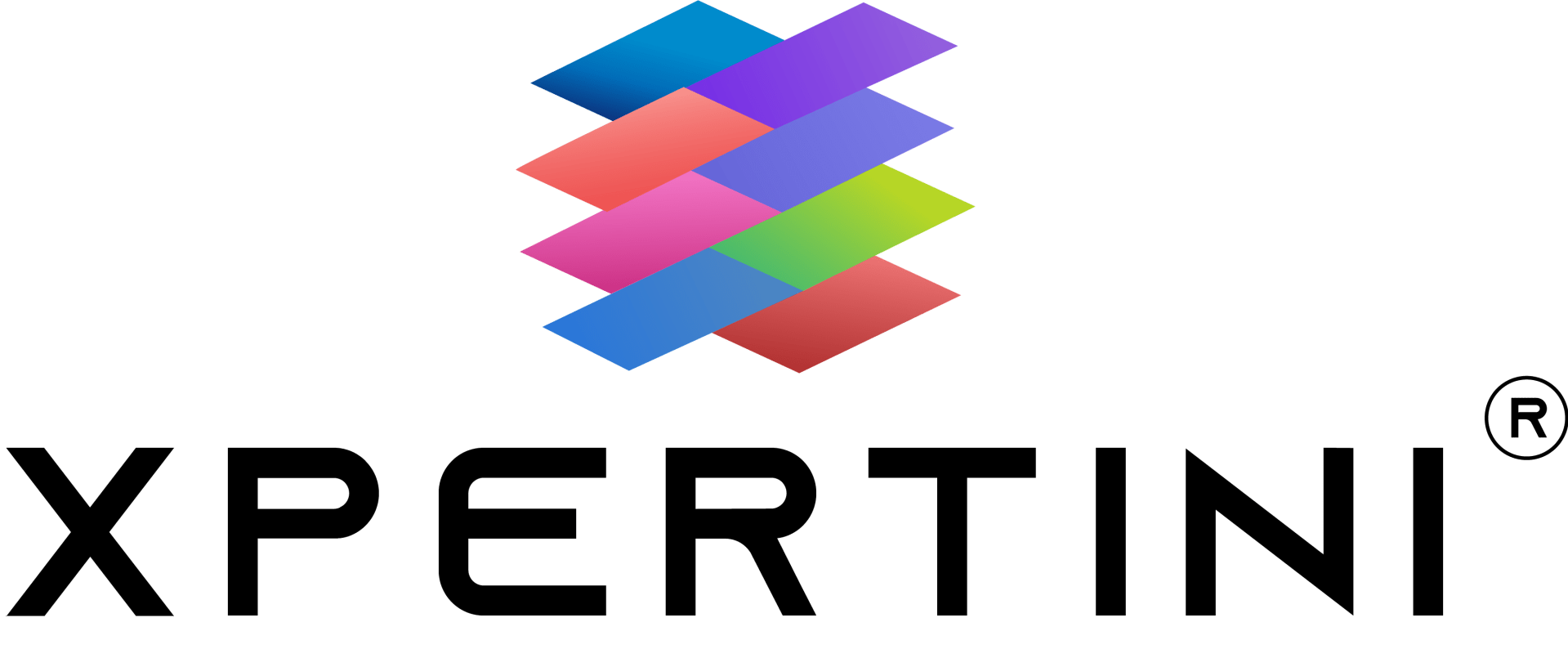The prospect of a successful career change evokes a spectrum of emotions. Excitement at the unknown possibilities dances with the fear of stepping out of familiar comfort zones. This emotional cocktail is deeply rooted in the psychology of successful career changes – understanding it can be the difference between a daunting detour and a transformative journey towards professional fulfillment.

Facing the Fear of the Unknown: Embracing Change with Courage
Change, even positive change, triggers our primal aversion to the unknown. Stepping outside your comfort zone activates the fight-or-flight response, leading to anxiety and hesitation. It’s crucial to acknowledge this fear and address it head-on. Reframe successful career changes as an opportunity for growth, not a leap into the void. Research your target field, connect with professionals in your desired industry, and celebrate small victories along the way. Remember, courage is not the absence of fear, but the willingness to move forward despite it.
Overcoming Imposter Syndrome: Owning Your Potential
Imposter syndrome, the persistent belief that your success is a fluke, can be a formidable foe on the path to successful career changes. It whispers self-doubt in your ear, questioning your skills and qualifications. Counteract this negativity by reminding yourself of your achievements, both big and small. Highlight your transferable skills, and don’t shy away from learning new ones. Embrace professional development opportunities, and focus on the value you bring to the table. Remember, self-confidence is a journey, not a destination; celebrate your progress, and trust your inherent capabilities.
Managing Expectations: Embracing Transitions, Not Instant Gratification
Society thrives on instant gratification, but successful career changes rarely unfold overnight. Expecting immediate success can lead to frustration and demotivation. Understand that transitions take time, patience, and resilience. Focus on setting realistic goals, celebrating milestones along the way, and embracing the learning process. Remember, growth doesn’t happen overnight; it’s a marathon, not a sprint. Savor the journey, and trust that hard work and dedication will ultimately lead to success.
Building Resilience: Bouncing Back from Setbacks
The path to successful career changes is rarely smooth. Rejections, setbacks, and unexpected challenges are inevitable. Building resilience is key to navigating these obstacles. Develop a healthy perspective, viewing setbacks as learning opportunities, not failures. Seek support from your network, and focus on your long-term goals. Remember, resilience isn’t the absence of challenges; it’s the ability to bounce back stronger and wiser from adversity.
Prioritizing Passion: Fueling Your Journey with Enthusiasm
Passion is the fuel that propels you forward on your journey to successful career changes. If you’re unsure of your path, take time to introspect. Explore your interests, values, and skills. Research new fields that ignite your curiosity and spark your enthusiasm. Remember, when you’re passionate about your work, the challenges become less daunting and the rewards far sweeter.
Cultivating a Growth Mindset: Embracing Learning and Flexibility
A fixed mindset assumes your skills and abilities are set in stone, hindering your growth. Conversely, a growth mindset views challenges as opportunities to learn and improve. Embrace the unknown as a chance to expand your skillset, acquire new knowledge, and adapt to changing environments. This flexibility is crucial for navigating the dynamic landscape of modern careers and thriving in the face of continuous change.
Building Your Support System: Leaning on Your Network
No one successfully navigates career changes alone. Lean on your network of friends, family, and professional contacts. Seek advice from mentors who have blazed similar paths, and connect with like-minded individuals who understand your journey. Their support, encouragement, and shared experiences can be invaluable sources of strength and motivation.
Practicing Self-Care: Prioritizing Your Well-being
The emotional rollercoaster of career changes can take a toll on your well-being. Prioritize self-care by engaging in activities that nourish your mind, body, and soul. Make time for relaxation, exercise, and healthy eating. Don’t underestimate the power of a good night’s sleep and stress-management techniques. Remember, a healthy you is a resilient and successful you.
Celebrating Milestones: Recognizing Your Progress
Don’t wait for the ultimate end goal to celebrate your achievements. Acknowledge and celebrate every step you take on your journey to successful career changes. A new course completed, a networking event attended, or a positive interview – each milestone deserves recognition. Celebrating your progress reinforces your motivation, keeps you focused on your goals, and reminds you of the distance you’ve already traveled.
Embracing Continuous Learning: A Lifelong Commitment to Growth
Successful career changes are rarely confined to a single leap. They’re often the first step in a lifelong journey of continuous learning. The ever-evolving landscape of careers demands a commitment to acquiring new skills, expanding your knowledge base, and keeping pace with industry trends. This is where the psychology of successful career changes shines brightest, guiding you towards a mindset of perpetual growth and professional fulfillment.
Additional Resources:
Table of Contents
Categories:
Latest Posts:
FAQs:
How do I find time for continuous learning in my busy schedule?
A: Even small bites of learning can make a big difference. Break down your learning goals into manageable chunks, and incorporate micro-learning practices into your daily routine. Listen to podcasts on your commute, read industry articles during your lunch break, or participate in online learning modules in your spare time. Every step counts!
What are some effective strategies for staying motivated to learn?
A: Find a learning style that resonates with you, whether it’s hands-on projects, collaborative discussions, or interactive courses. Set realistic goals, track your progress, and celebrate your achievements. Find learning partners who share your interests and hold you accountable. Remember, the key is to make learning an enjoyable and rewarding experience.
How can I ensure my learning remains relevant to my career goals?
A: Stay connected to industry trends, identify the skills required for your desired career path, and tailor your learning accordingly. Network with professionals in your field, attend industry events, and seek out learning opportunities that directly contribute to your long-term career aspirations.
